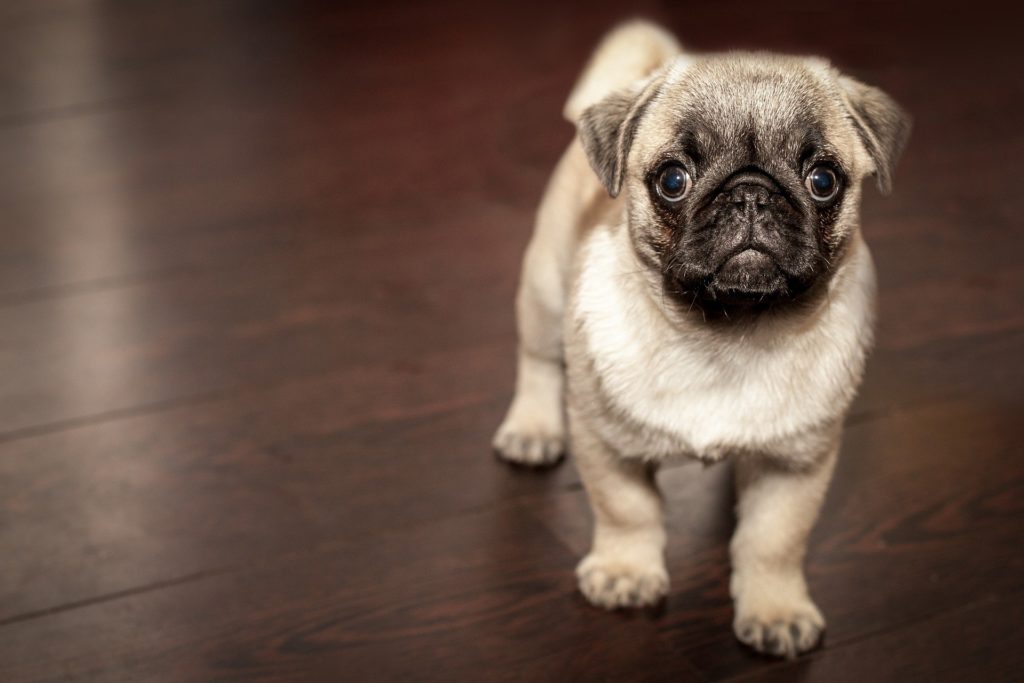Getting a new puppy is an exciting time, however, the Coronavirus outbreak may be putting a dampener on your spirits. But fear not, here are some tips on how to make things work during this unsettling time.
During a lockdown, vets are only seeing emergency cases (read more about that here) which mean routine things like puppy health checks, puppy parties and important vaccination courses are having to take a back burner. This is an issue as dogs have a socialisation window which closes at around 16 weeks. During this period, it is important to make positive associations with as many new things as possible, such as children, other dogs, traffic noises, car journeys – all life skills that are vital for your young pup to grow into a well-adjusted adult. Obviously, with the new quarantine rules in place, new puppy owners are unable to teach their little ones about the world.
The good news is most dog owners in the UK are responsible and have vaccinated their dog throughout their lives, giving what is called a ‘herd immunity’. Herd immunity is a form of indirect protection from infectious disease that occurs when a large percentage of a population has become immune to an infection, whether through previous infections or vaccination, thereby providing a measure of protection for individuals who are not immune. In laymen’s terms, because most people have vaccinated their dog, there is less chance your pup will be at risk, although this isn’t a foolproof method.
If your puppy hasn’t started their vaccination course at all, there are still things you can do. As we are allowed to exercise once a day, you can take your puppy out in your arms and let them see and hear new things – people, cars, buses, motorbikes – all important sights and sounds they need to become familiar with. If there are more than one of you living at home, you can each take your puppy out during your daily exercise to expose them to more new things.

If your puppy has started their vaccination course more than two weeks ago and it is likely the rest of the course will be delayed, you can walk them on lead on pavements (stay away from parks and woodland for now, as this will carry a higher risk of them catching something.). Viruses have a lower chance of survival on tarmac surfaces when compared to grass and dirt, but they do survive in urine and faeces, so keep your pup away from any poop on the floor and avoid areas that may have been heavily marked by other dogs, such as lampposts.
You can also take your puppy out in the car, although only essential travel is allowed, if you drive to pick up vital supplies, such as shopping, you can take your puppy with you in the car, just make sure a family member stays with them when you go in the shop!

Although in an ideal world you would be getting your pup to meet new people, social distancing can work in our favour here as lots of people wanting to touch your puppy can be overwhelming for some, and seeing new people from two meters can be just as effective.
Getting your dog used to sounds is important, (don’t forget noises like fireworks they need to hear during this stage), but luckily in this modern age, we can get around this. The Dog’s Trust has a free ‘Sounds Scary’ program which allows you to quietly introduce new sounds, and gradually build up the volume to a range of different noises.
You need to keep your pups brain active too, so check out this blog on ways to keep your dog entertained during quarantine.
Do the best you can, and enjoy your new family member!

